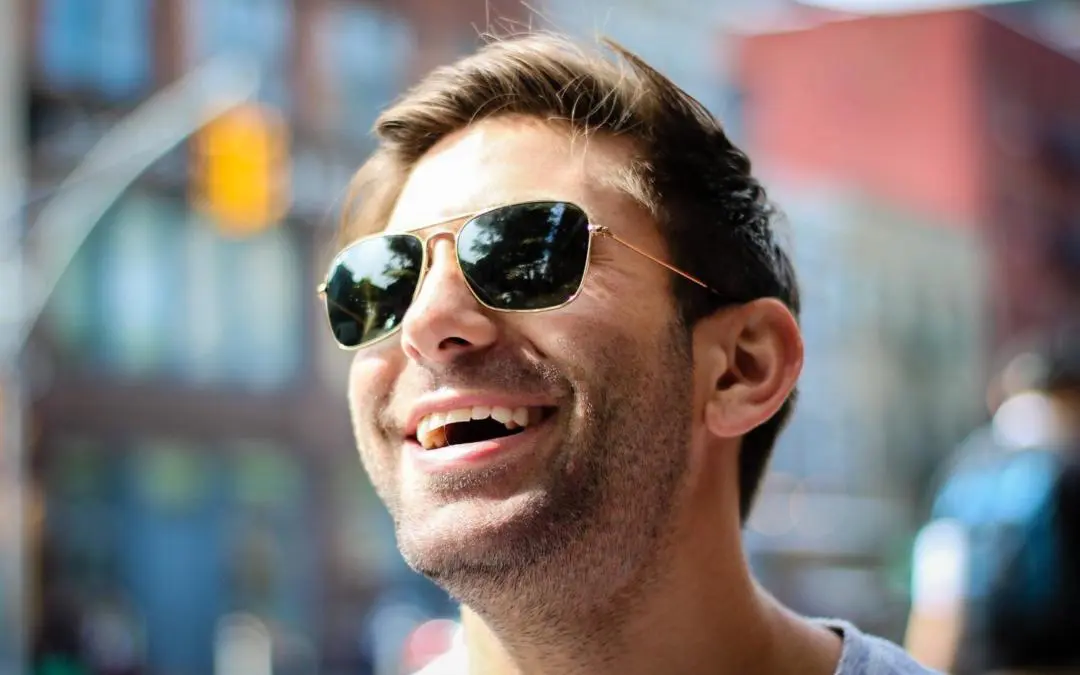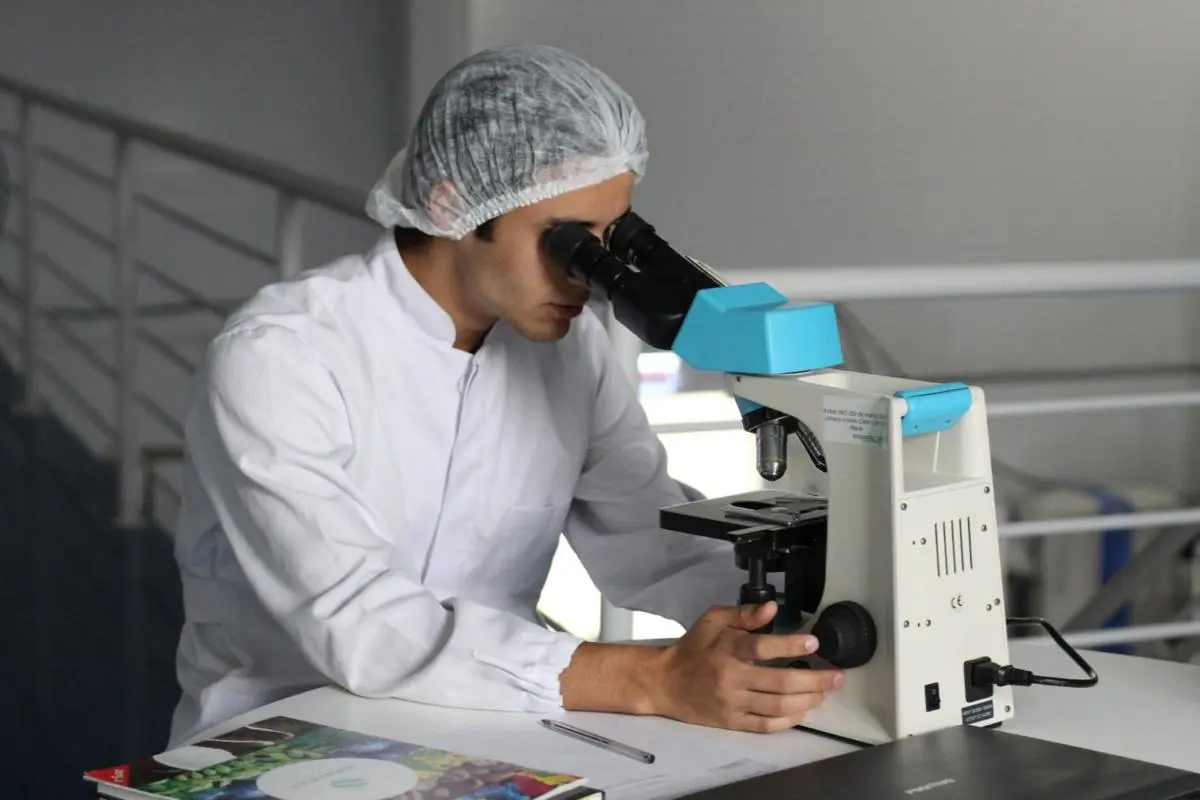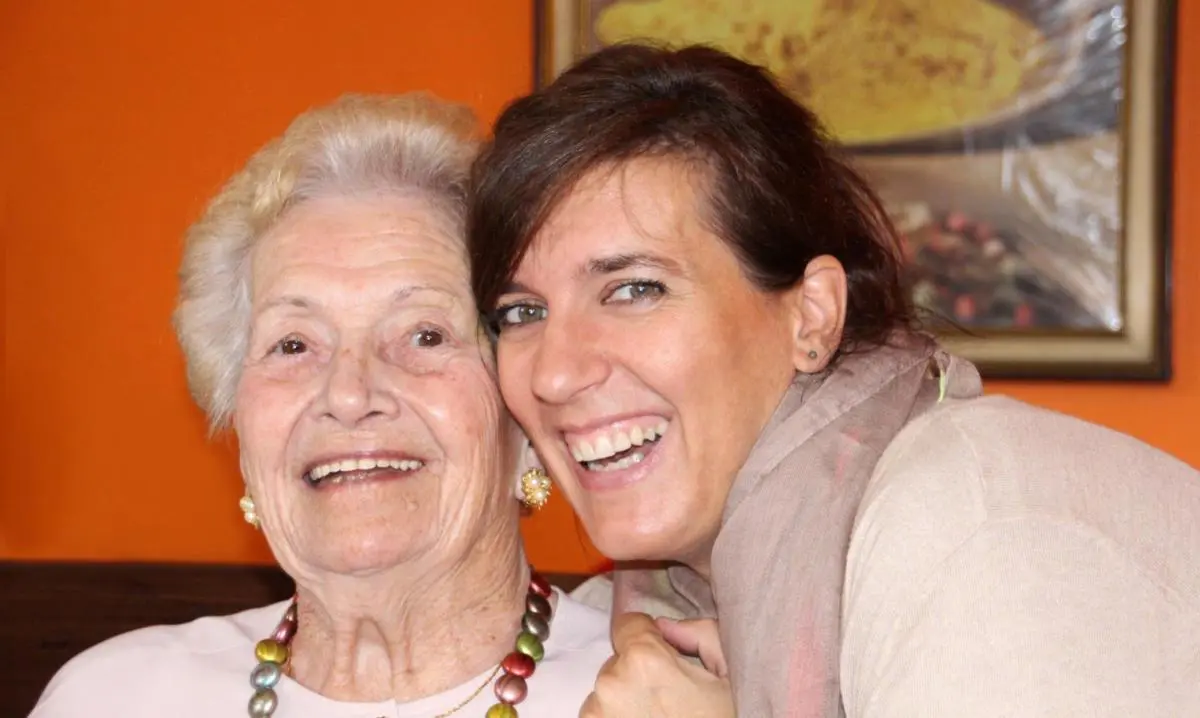Last September, Cancer Support France (CSF) groups all across France organized “Activity for Life” events to raise awareness and funds for the national and regional charities. At Renestance, we know what a fantastic job CSF do helping English-speakers living in France and wanted to share a story from one of the many people they have helped.
John (not his real name) is a Brit and has lived in SW France since 2004. He is a competent French speaker, with a French partner who proved invaluable to him in terms of emotional, practical and linguistic support throughout his experience with cancer. John and his partner continue to receive the help and support provided by their local association, CSF Languedoc.
John was diagnosed with cancer after seeing his French GP/family doctor for a health issue that had not resolved as quickly as expected. He was subsequently referred to a gastroenterologist who performed a biopsy, quickly determining that John had cancer of the lower bowel. An immediate referral to an oncologist ensued and treatment started swiftly. John underwent three chemotherapy sessions, two weeks apart and lasting four grueling 24-hour days each. In addition, towards the end of the chemotherapy treatment, he underwent 30-odd consecutive days of radiotherapy sessions lasting about 20 minutes each. The wonderful outcome is that his cancer is currently in remission with regular checks, including scans and X-rays, showing him to be cancer-free.
So there are the black and white facts of John’s ‘cancer journey’ – but there is so much more to his story, and every cancer patient’s story. To be given your diagnosis is a devastating moment and the anguish doesn’t stop there. How did John get through the emotional turmoil of being given this life-changing news? How did the French health system help him? And what was Cancer Support France’s role in his drastically changed life?
John cannot speak highly enough of the French health system. He says, “Patients’ and partners’ peace of mind seemed highly important to the healthcare professionals.” His time from diagnosis to treatment and to the end of his treatment was swift, well-organized and he was well-informed all along the way, never feeling like a problem or a burden to any of the healthcare professionals he encountered. He says they were all available and helpful at all times, both to him and to his partner, who accompanied him, and was welcomed, on most of his appointments.
He advises others in the same position to “put total faith and trust in the French healthcare system, and do not hesitate to ask if you have any questions. They are extremely accessible for contact.”
And what of CSF’s role in John’s own personal cancer journey? Well, he discovered CSF after seeing a poster in a consulting waiting room. By this time, his treatment was concluded, and he admits that he did ask himself whether he had a legitimate reason to contact them or not. But, realizing that he was still very much psychologically traumatized by his whole experience, he contacted CSF and now says it was one of the best decisions he ever made. He initially met every couple of weeks of so with an active listener – they would meet for coffee, or go for a walk and just chat. John remembers that the support was invaluable as here he had someone who would listen, understand, not judge, but just be there – and not because they had to, but because they WANTED to. He calls it an “uplifting experience” having someone there in whom you can have every confidence. The emotional and psychological support that was needed after the physical treatment had ended was, and still is, an invaluable part of John’s long-term recuperation.
When asked what he felt was the most important aspect of the CSF help he received, John says, “CSF creates a very positive sense of a return to normality in one’s life. Because I, like many, felt terribly isolated during treatment and in the time afterwards as well. CSF was a lifeline out of this feeling. It actually made me feel ‘normal’ again and banished the feelings of isolation, and for my partner it was a wonderful way to a positive outlook and future.”
Today, both John and his partner attend a local CSF drop-in day once a month; they have been doing so for about three and a half years and have no intention of stopping. It’s a symbiotic moment – at once they are helping others whilst also being helped themselves. In John’s own words, “The Drop-in Days are a great way to relax and enjoy the social side, as well as the opportunity of chatting with others – either active members, or people who are being supported, and exchanging views, experiences and so on. The ambiance is marvelous.”
“We’ve met some wonderful people through CSF and made some great friends, and it’s always a real pleasure to see others forming new friendships too thanks to this amazing association.”
It seems that these gatherings help all who attend, wherever they are in their cancer path, with an innate sense of empathy from all who attend, and a freedom to talk openly with others who really understand.
For contact details of a CSF association in your area visit www.cancersupportfrance.org
If you would like to support CSF, “Activity for Life” events will be taking place across France in September 2018. The CSF ‘Cycle for Life’ event will be taking place 19-31 May. The cycle ride is the only annual event organised to raise money for the Cancer Support France national association. The cycle route will follow the canal paths “entre deux mers” from the Atlantic coast to the Mediterranean port town of Sète. Registration is free and it’s great fun, suitable for inexperienced cyclists and participants of all ages. For more details or to sign-up, visit www.csfcycleforlife.org
Nicole is a bilingual Brit from Cambridge who has been living in the Languedoc since 2002 and is one of the first Renestance's Consultants. She knows how to get things done and can find the key contacts, having worked in real estate, managed two businesses of her own, and started a large social group for English-speakers in the area.
All articles by: Nicole Hammond




